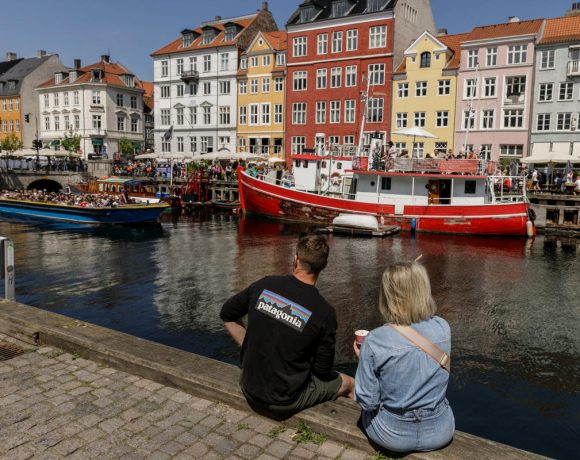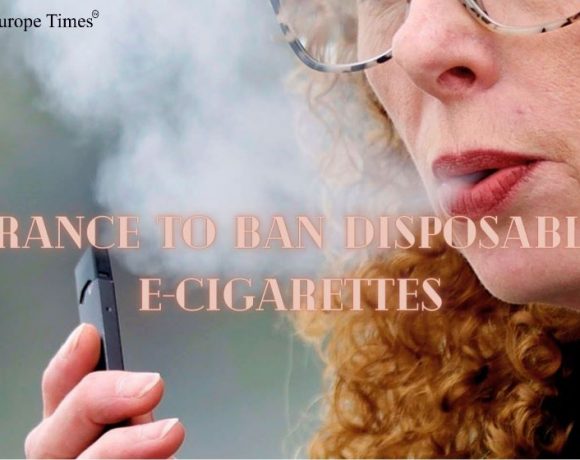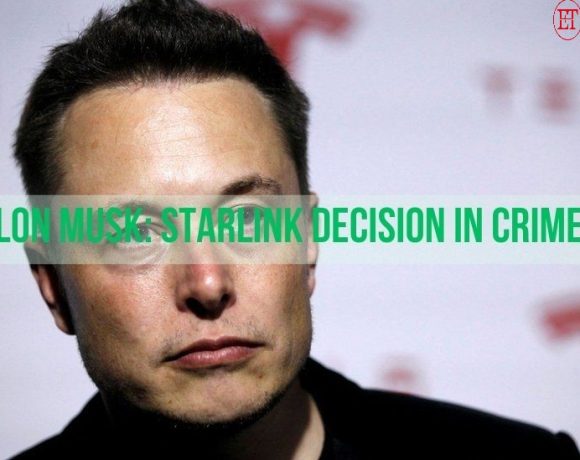
Tourists will be rewarded with free food and activities in exchange for participating in eco-friendly tasks while visiting Copenhagen, the city’s tourist board has announced. Starting on July 15, this pilot scheme will encourage visitors to engage in activities such as litter-picking, using public transport, or biking around the city in return for rewards like free lunches, coffees, glasses of wine, and kayak rentals.
The “CopenPay” initiative aims to counterbalance the environmental impact of tourism, as stated by Rikke Holm Petersen, the communications chief of the Copenhagen tourist board. She emphasized that travel, especially by plane or car, contributes to pollution, and this initiative seeks to promote sustainable behavior at the destination.
Acknowledging that the plan is a modest step towards a green transition, Ms. Petersen noted that the project is based on trust. While some attractions may require proof of the green activities, such as a photo of biking or a public transportation ticket, most will not.
The government is not compensating the participating attractions, which include museums, rooftop bars, and kayaking organizations. So far, 24 organizations have joined the pilot. Last year, Copenhagen saw over 12 million overnight stays.
Ms. Petersen expects only a small percentage of visitors to participate in the trial, which will run until August 11. Othy Jasper, a 25-year-old Londoner traveling to Copenhagen for work in August, commented on his awareness of the environmental impact of air travel. While he appreciates the climate-focused initiative, he expressed reluctance to collect litter for rewards, finding it somewhat effortful.
If successful, the scheme may be extended throughout the year. Ms. Petersen hopes that visitors will adopt a greener mindset as a lasting souvenir from their trip to Copenhagen.
Picture Courtesy: Google/images are subject to copyright




